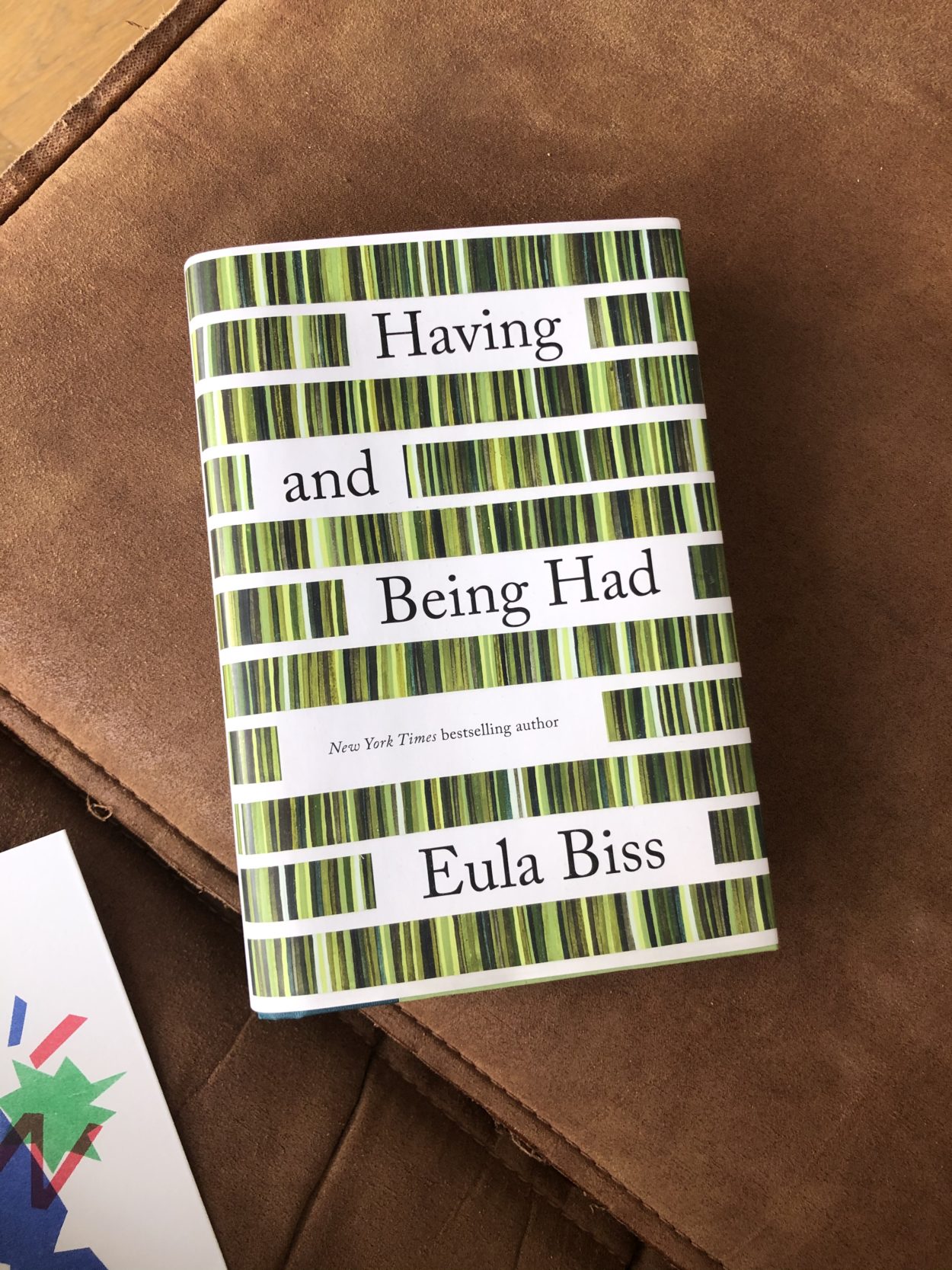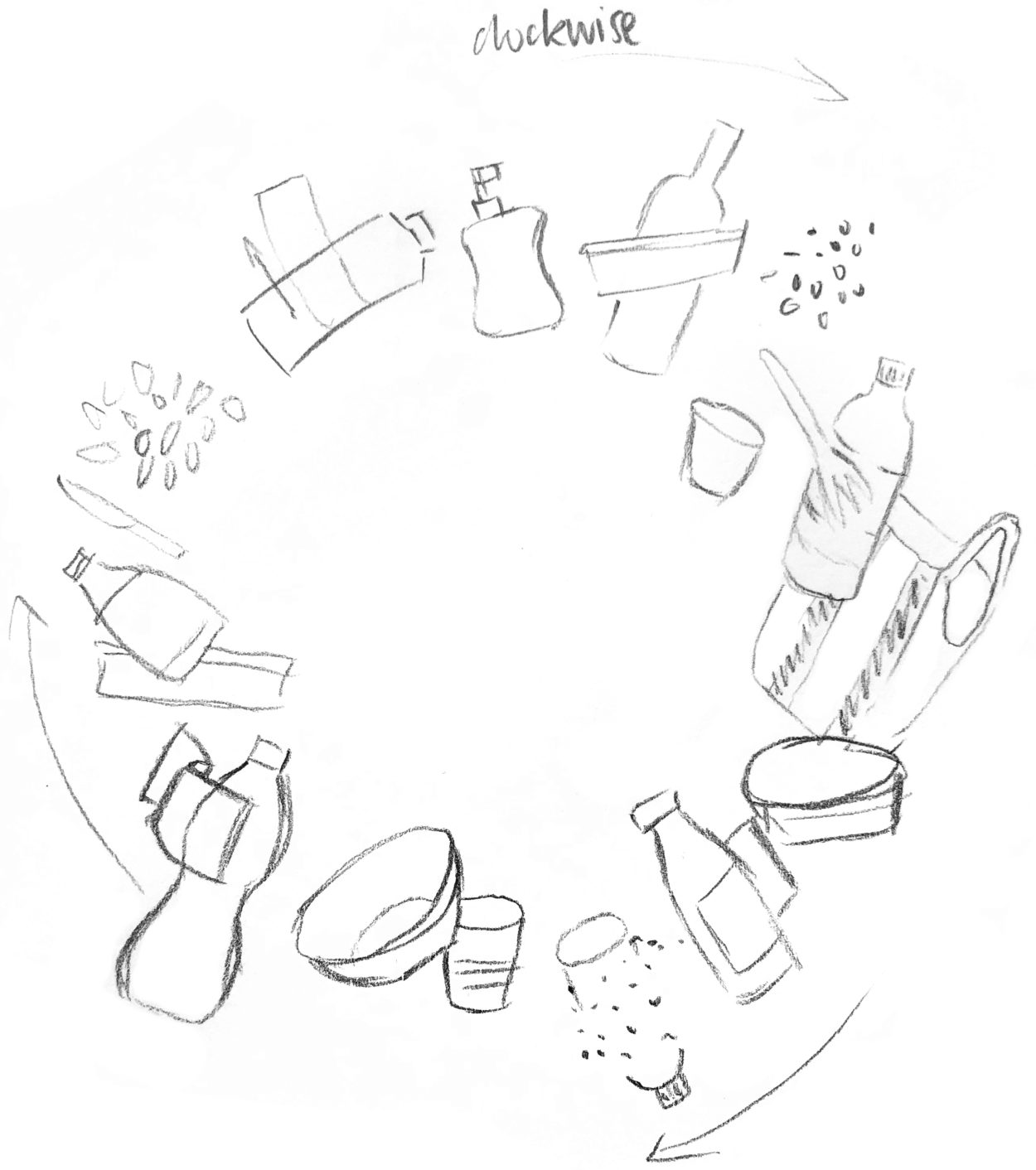Published
A room of one’s own
There is no pleasure like the long summer evenings of a newish mother. Mine to savour, mine to squander. Mine.
Published
There is no pleasure like the long summer evenings of a newish mother. Mine to savour, mine to squander. Mine.
Published
If, as we’re told, the point of exotic travel is to ‘create memories’, and if, as I would insist, our memories consist fundamentally of good stories, and if what makes a good story is some element of unexpectedness, it follows that the point of travelling is to be surprised.
Jonathon Franzen, from the essay Postcards from East Africa, in The End of the End of the Earth pg 181
In 2010 I was staying in the seaside village of Taganga, Colombia when I realised that my cash supply was running dangerously low and I would need to travel to the nearby town of Santa Marta to withdraw more. I passed over the last of my coins to the bus driver for the short trip and was soon wandering through the outskirts of the town. Finally locating a cash machine, I discovered that my bank card had been blocked due to a recent online purchase. Without any backups (lesson learned), or mobile phone, I was reliant on my own ‘smarts’ to dig myself out of the mess. Faintly recalling the details of a nearby hostel, I navigated my way and promptly asked to make use of the wifi. Connected, with a thick Aussie accent filling the headphones I was dismayed to realise that the microphone didn’t work.
A last resort, I asked if I could borrow some cash to call from a local payphone. To which the attendant replied that they would need to check with the manager. Shortly the manager arrived and… ‘Evan?!’. The manager, it turned out, was a Californian I had studied with in Sydney back in 2005, both of us as exchange students. He, of course, happily lent me the money and within 30 minutes I’d spoken with the bank, had the hold on my card lifted, withdrawn cash and returned the borrowed money with a wild sense of wonder at the smallness of the world.
My eleven year old memory emphasises that travel is not manufactured experience, as rampant tourism and the plethora of City Guides might have us believe. Real adventure exposes you to the elements, to learn something surprising about a new place, or possibly even yourself. Conversely, a form of overly planned travel that I’ve come to appreciate in recent years is one that serves an entirely different purpose – one of rest. Both are totally valid, and necessary, in balance. And both are a privilege, though neither require travelling far from home to experience.
Published
Our bodies may belong to us, but we ourselves belong to a greater body composed of many bodies. We are, bodily, both independent and dependent.
Eula Biss, On Immunity, pg 132
Published
It’s been awhile since I posted an update on Coronavirus restrictions, because it feels as though barely anything has changed. I’m pleased to stand corrected, there is some slow progress.
Today’s national pandemic policy
Status: Partly loosened strict lockdown
• daycare centres and primary schools are open *
*revised from the previous policy update
• secondary schools taught remotely, but can offer one in-person class per week *
• adults can participate in sports activities at outdoor sports facilities in groups of up to 4 people *
• retail stores can offer click and collect, as well as appointments booked at least 4 hours in advance *
• contact-based professions (hairdressers, driving instructors) open *
• the curfew has been shifted back to 10pm *
• funerals may be attended by no more than 50 people *
• weddings may be attended by no more than 30 people *
• do not travel abroad and do not book trips abroad until 15 May *
• only go outside with members of your household, on your own or with 1 other person
• no more than 1 person aged 13 or over at your home per day
• visit no more than 1 other household per day
• work from home. Only people whose presence is essential to operational processes can go to work
• masks to be worn in indoor spaces
• public transport should be used for essential travel only
• food and drinks establishments are closed, takeaways excepted
• all museums, zoos, cinemas, amusement parks and other public spaces are closed
• no alcohol sold after 8pm
Published
Last week I learned a curious new verb. According to the OED, to gazump is to make a higher offer for a house than someone whose offer has already been accepted by the seller, and thus succeed in acquiring the property. An Urban Dictionary definition is more straight-forward, to buy something already promised to someone else.
Published

Having and Being Had is a fantastic book to read in your 30s, being both topical and refreshingly honest. Characteristically, Eula Biss rigourously weaves personal narrative with secondary research, in short chapters that make for an easy read, as she grapples with the purchase of her first home. An exemplary chapter below:
Read moreToday is Moral Monday, I hear on the radio. A priest and a rabbi are staging a protest downtown with a giant camel and a giant needle, a reference to Jesus saying, “It is easier for a camel to go through the eye of a needle than for someone who is rich to enter the kingdom of God.” I pause over this, wondering if money can really be so corrupting that just having it is immoral. I have my doubts, but I also have money.
Published
I have lived in rental properties all my life – for the entirety of my childhood, and for the seventeen years of my *officially* adult life. Before we moved to the Netherlands, MR suggested that we buy, rather than rent, a house. It took me awhile to come round to the idea, foreign as it is, but we are now looking for our own home.
On arrival we were ignorant to the state of housing here. We have since learned that houses are, comparative to London, somewhat reasonably priced and in decent condition, and that one hundred percent mortgages and home-owner tax benefits are available. Breezy, no?

We have also discovered that the demand for housing far outweighs the supply. I don’t know the exact details, but I believe the crisis emerged loosely around 2015 as a result of a parliamentary pause on building to minimise environmental impact. Particularly in the Randstad, this has resulted in 8-12% over-bidding as the norm and property values literally doubling since 2015 – check any address on the government’s value register. Skyrocketing prices in Amsterdam have compounded, in part, due to the rise in foreign investment and the doubling of tourists per year from four to eight million between 2004 and 2017 (read more).

Contextual complexities aside, the present possibility to own our own home feels life-changing for me. I was raised by a single mother on a receptionist’s wage, although her parents – who were generous with us in care and finances – were comfortable. This goes some way in explaining the conflict between my middle class values and my working class psyche. But, as Eula Biss points out, defining class is a tricky task.
Read morePublished
On Monday morning I briefly lost access to my Google Workspace account because I forgot my password (despite having a password manager and accidentally wiping my phone last week because I blanked on my pin code). Alas, with paper and pencil as my only available tools, I sketched out an idea for our next campaign on The Future of Plastics.

This campaign will explore the tension between the innovations enabled by plastics (from light-weight electric vehicles to heart diaphragm pumps) and the significant environmental destruction caused by plastics (from the clogging of the worlds rivers and oceans to the profusion of nano-plastics). While the development of alternative materials is invaluable, the ubiquity of plastic in our ecosystems obliges us to rethink how we value, use and dispose of it. The future of plastics is circular.
Published
How can designers be truly sustainable? A question of oceanic proportion, that I am unqualified to answer. Nonetheless, Creative Boom offered me the chance to reflect on things I’ve learned over the past year at Avery Dennison. As per usual, it took a long time to chisel and hammer my thoughts into a coherent form, but when I eventually pulled back from my labour most things held in place.
Writing revealed just how unique an opportunity it has been to learn how to design for sustainability in practice, gaining specialised knowledge directly from my colleagues. It also reiterated the value of this log as a reference to return to. And, plot twist, through conversation a possibility has emerged for me to become more of a specialist in this field. It’s an interesting proposition which could pass by if I don’t take the initiative to carry it forward. The first step is to map out the deficits in my knowledge so I can work toward closing the gap.
Interview posted below for archival purposes.
Read morePublished
